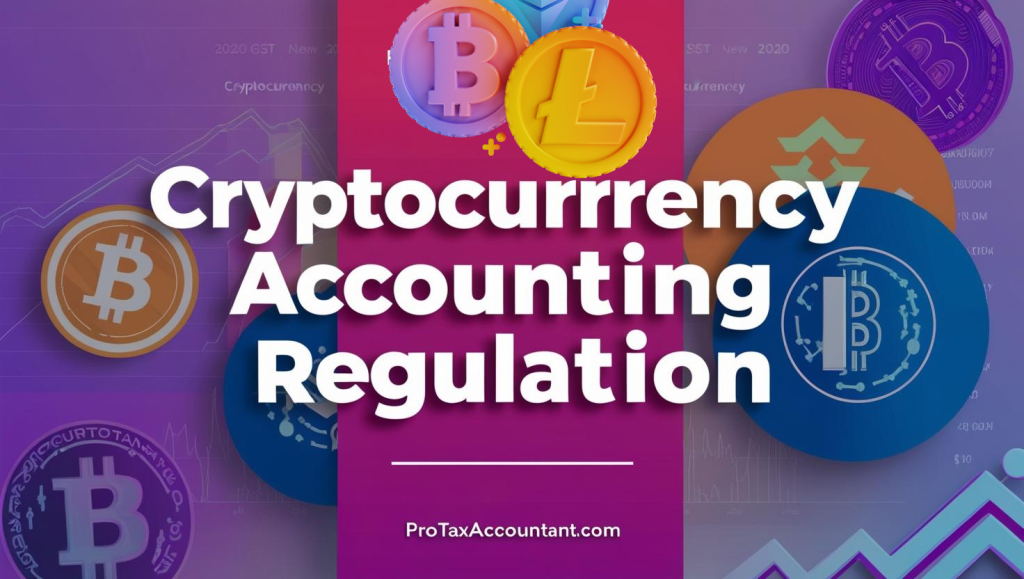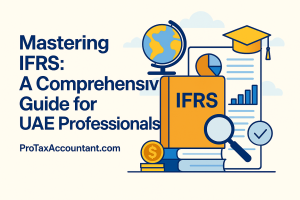The United Arab Emirates has solidified its position as a global cryptocurrency hub, combining forward-thinking regulation with rigorous accounting frameworks.
By 2025, the UAE’s ecosystem strikes a balance between fostering blockchain innovation and maintaining financial integrity through advanced AML protocols, specialized free zones, and alignment with international standards like IFRS.
Below, we break down the key pillars shaping this landscape.
Regulatory Framework for Cryptocurrencies in the UAE
AML/KYC Compliance and VASP Regulations
The UAE mandates stringent anti-money laundering measures for Virtual Asset Service Providers (VASPs), including real-time identity verification and adherence to the FATF Travel Rule for transactions over AED 3,500.
Licensed exchanges must retain transaction data for eight years and deploy AI-driven monitoring systems to flag suspicious activity.
Regulatory bodies like the Dubai Virtual Assets Regulatory Authority (VARA) require quarterly audits by certified Money Laundering Reporting Officers (MLROs), aligning with Federal Decree-Law No. 20 of 2018.
These measures ensure compliance while attracting institutional investors seeking regulatory clarity.
Multi-Agency Oversight
- Securities and Commodities Authority (SCA): Governs security token offerings (STOs) and investor suitability checks.
- Dubai Financial Services Authority (DFSA): Manages crypto derivatives within the DIFC, enforcing margin requirements.
- Abu Dhabi Global Market (ADGM): licenses custodians and staking providers under its Distributed Ledger Technology Framework.
For businesses, understanding corporate tax obligations in these zones is critical, particularly the 9% tax rate on profits exceeding AED 375,000.
Financial Free Zones Driving Innovation
Abu Dhabi Global Market (ADGM)
ADGM’s 2024 regulatory update introduced segregated custody rules, ensuring client assets are never commingled with operational funds. Its digital sandbox allows firms to test DeFi protocols under supervision.
Dubai’s Crypto Ecosystem
Dubai’s DMCC Crypto Centre hosts 500+ companies, many leveraging VAT-exempt crypto-to-fiat conversions.
VARA’s Full Market Product Regulations have drawn $480 million in GCC investments for Sharia-compliant crypto products.
Ras Al Khaimah Digital Assets Oasis
This Web3 hub offers zero-license fees for DAOs and partners with blockchain foundations to reduce energy consumption by 64% through proof-of-stake protocols. Startups here benefit from tax-neutral policies and streamlined business setup processes.
Accounting Standards and Tax Compliance
IFRS Integration
Cryptocurrencies are classified as intangible assets under IFRS 9, requiring daily mark-to-market valuations. Revenue from staking and transaction fees is recognized post-blockchain confirmation per IFRS 15.
VAT and Corporate Tax
- VAT: Exemptions apply to crypto transactions, though NFT art sales remain taxable.
- Corporate Tax: A 9% rate applies to profits over AED 375,000, with loss carry-forwards permitted for three years.
Businesses must navigate deductible vs. non-deductible expenses and leverage tools like the UAE Corporate Tax Calculator for compliance.
Audit and Reporting Challenges
Blockchain forensics tools like Chainalysis Reactor are mandatory for firms handling AED 100M+ annually. Auditors now reconcile transactions across multiple protocols using AI, while exchanges must provide proof-of-reserve attestations via third-party Merkle tree audits.
For startups, partnering with experienced corporate tax accountants ensures adherence to evolving standards.
Future Trajectory
VARA’s 2025–2028 roadmap focuses on quantum-resistant encryption and cross-border harmonization with Singapore’s MAS and Switzerland’s FINMA. Projected $11B institutional inflows will target tokenized commodities and carbon credits.
Key Resources for Businesses
The UAE’s dual emphasis on innovation and compliance creates a replicable model for nations aiming to lead in Web3.
As blockchain adoption accelerates, businesses must prioritize agile accounting practices and stay ahead of regulatory updates to thrive in this dynamic ecosystem.





